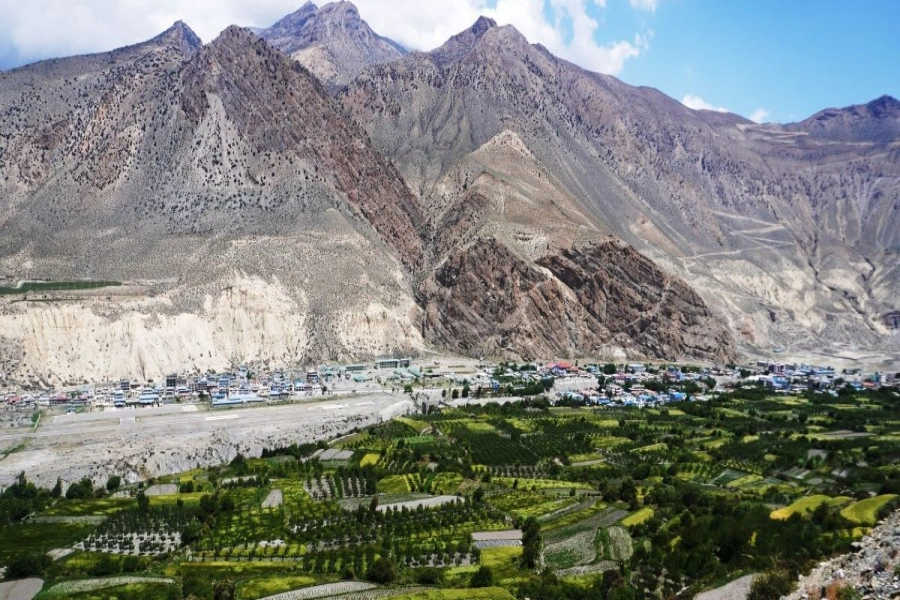KATHMANDU, Aug 17: The government has proposed up to three years in jail and Rs 1 million fine for those taking residence facilities from the state even though they have a house, land, a job or enough property.
Under a new law to regulate misuse of state-provided residence facilities meant for squatters and the financially deprived, misuse of this facility may incur a fine of Rs 100,000 to 1 million and one to three years in jail.
Proposing financial aid for the financially deprived for building their homes and residence facilities to citizens living in extreme poverty, the Bill on Right to Residence has provisioned legal action against those taking advantage of residence facilities from the state on the basis of false particulars or wrong claims.
Right to Housing

The bill registered by Urban Development Minister Mohammad Istiyak Rai at the parliament secretariat on Wednesday strictly bars incumbent or retired employees of the government or private organizations, NGO or INGO staff, those running businesses, possessing foreign PR, renting out houses, apartments or land or otherwise having enough property from benefitting from residence facilities provided by the state. The law also bars the use of such residences for any purpose other than as living quarters.
If a residence grant is secured through the submitting of forged documents, the authorities can retrieve such funds along with interest on the amount, in addition to taking other legal action.
The proposed law has also provisioned action against those recommending residence facilities for squatters or the financially deprived on the basis of false testament.
With the enactment of the law by parliament, local units will be responsible for distributing identity cards for the financially deprived and squatters. Also, squatters willl have to declare that they don’t possess any land or house to be included in the eligible list.
The local level authorities are also responsible for arranging temporary shelter for those displaced by calamities or disasters, along with the federal and provincial governments.
In order to settle ongoing disputes over compensation for land requisitioned by the state for building roads, airports or other infrastructure, the draft law has made it mandatory to pay the compensation prior to removing the affected people from their h0mes. If the authorities are unable to pay compensation prior to such eviction, they must fix a deadline for the reimbursement.
The bill has also barred the authorities from removing private shelters during the night or at odd hours and without providing prior information. Likewise, the law has provisioned the proper relocation of those displaced.
The federal government should coordinate with local units and lay down procedures and issue directives for providing residence facilities as a fundamental right of the citizens.





































